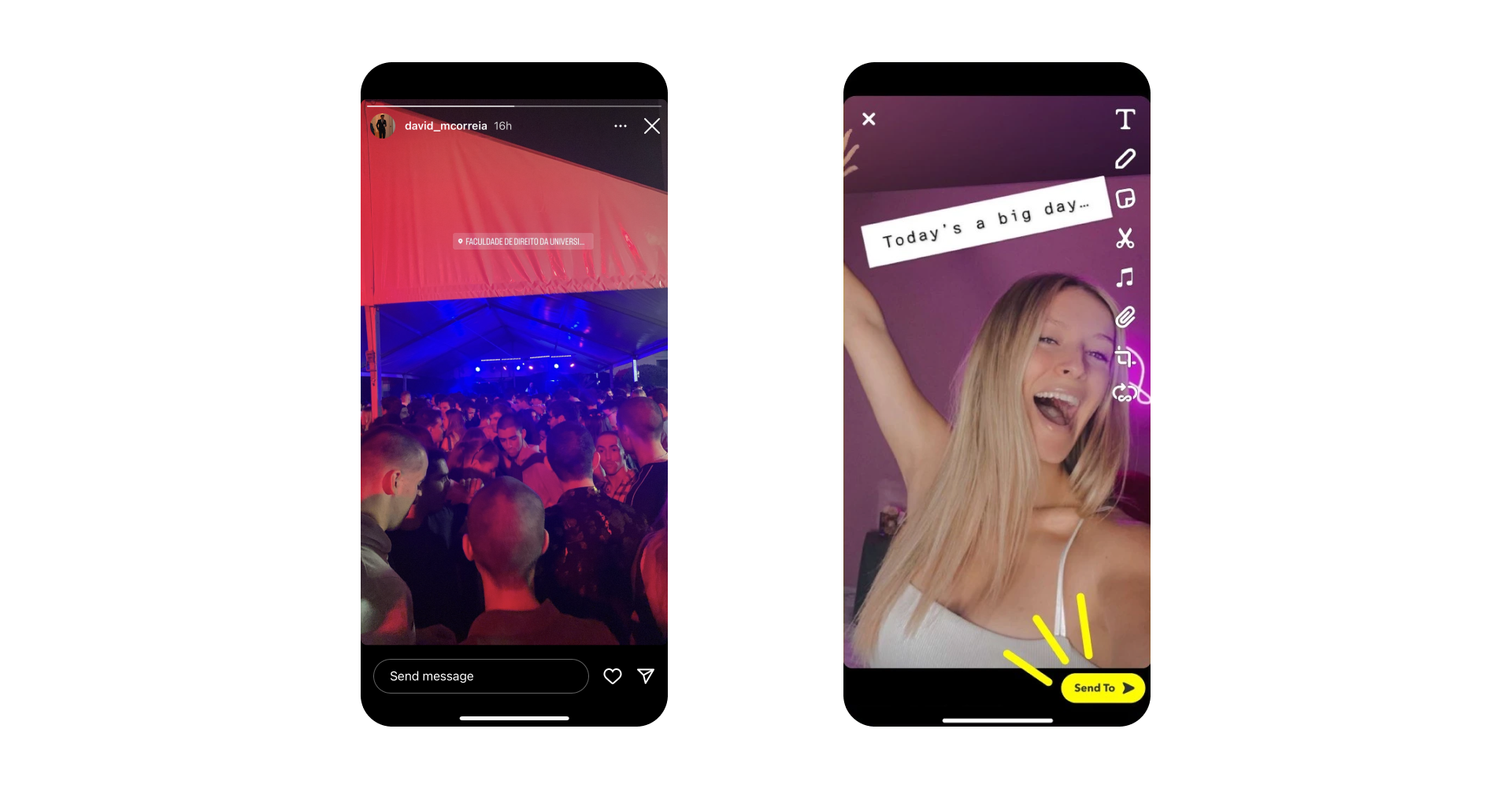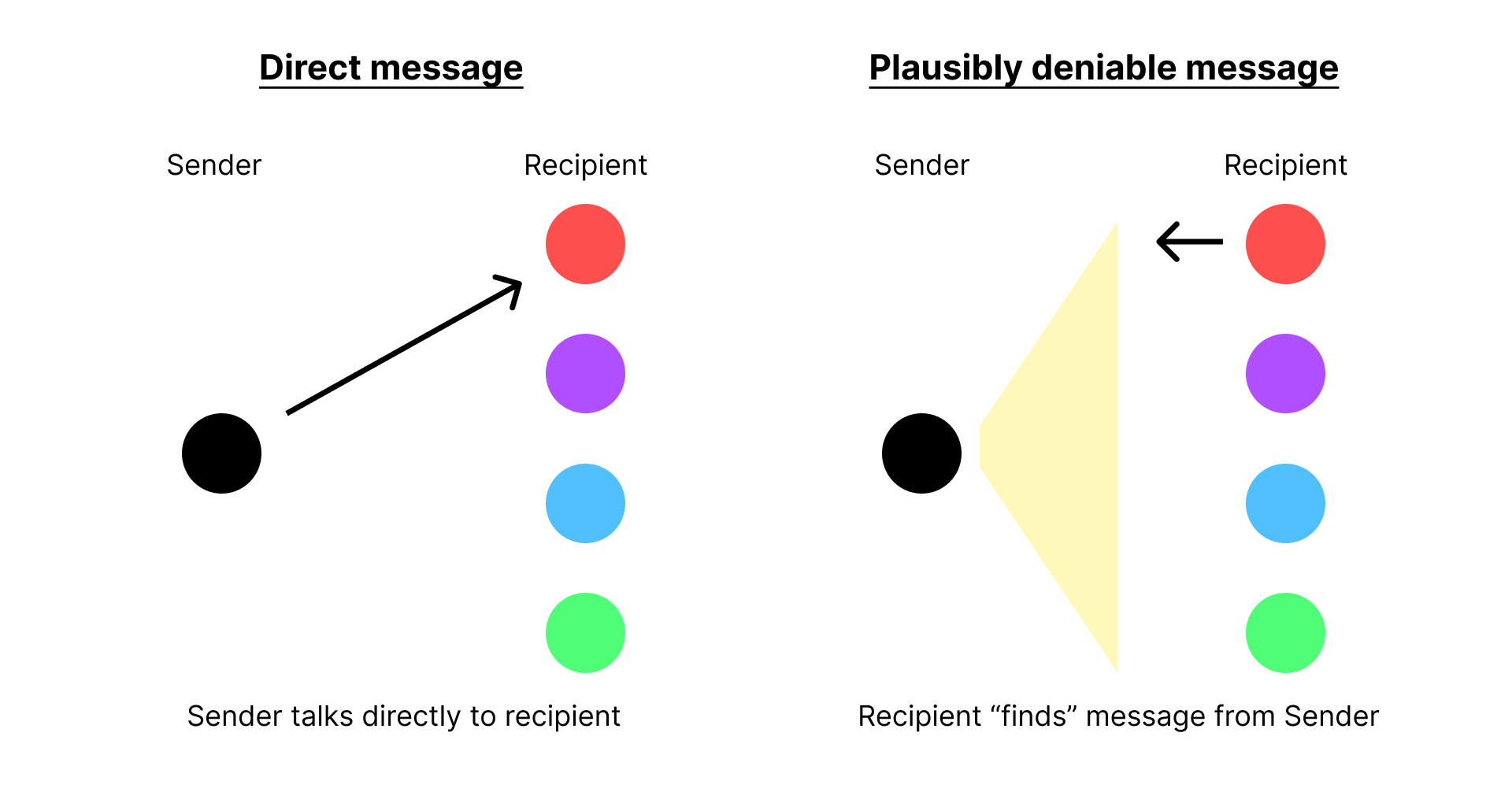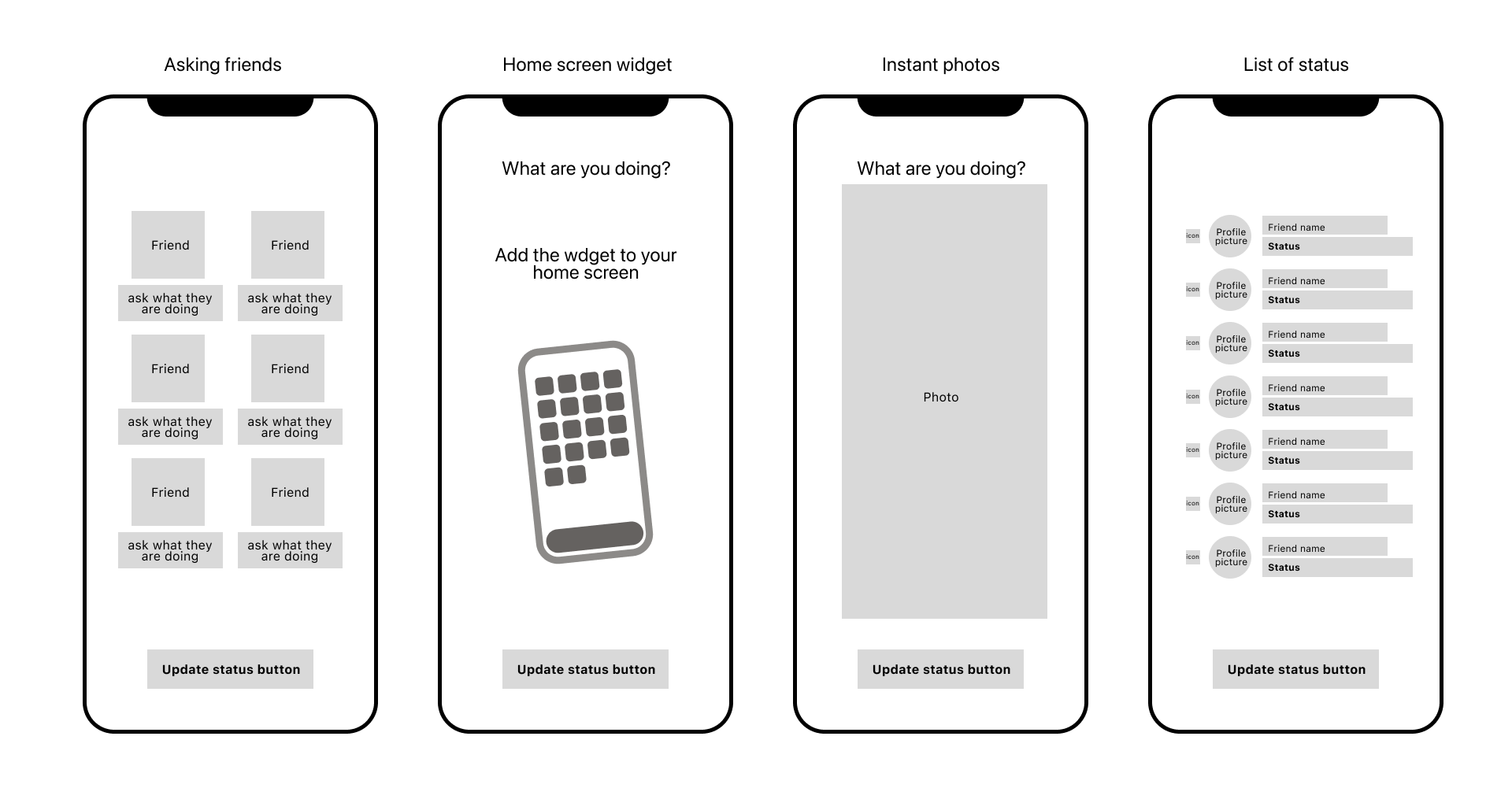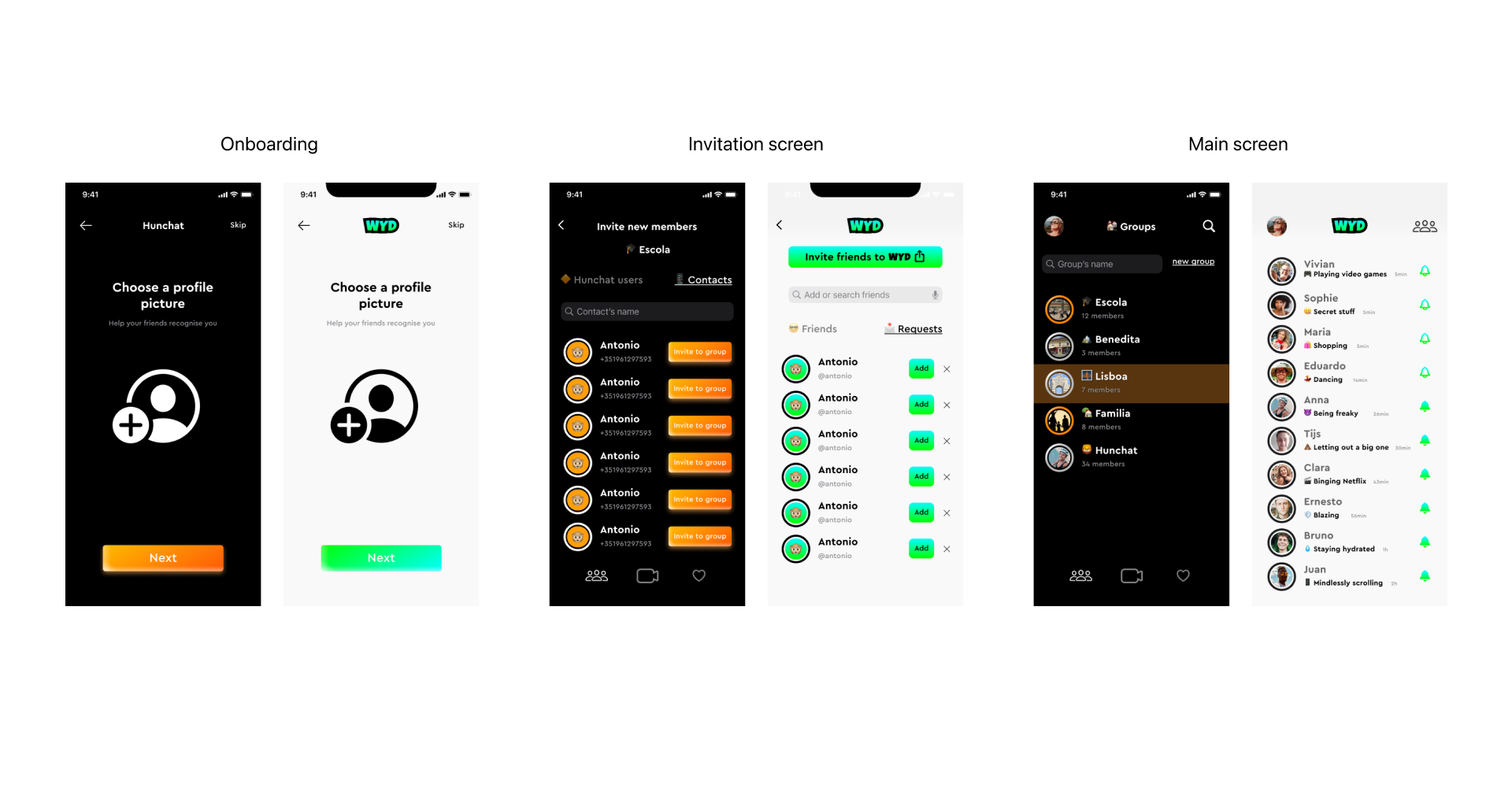WYD
Giving teenagers a better way to know what their friends are doing - From concept to #16 on App Store's top charts
Year
2022
Roles
Research
User Testing
UX Design
UI Design
Scope
From concept to App Store
Duration
2 months
Overview
After Hunchat reached a stage of maturity, the same team set out to build a new social app with what we had learned from the previous one. Particularly the unique insight we gained into our target audience.
We noticed that teenagers used Hunchat, Instagram, and snap stories for the same purpose: To know what their friends are doing. This also happened around the time BeReal was on the rise.
“WYD - What are you doing?” set out to give teenagers a better way to know what their friends were doing. More convenient, fun, and intimate than the alternatives.
We took the app from concept to #16 in App Store’s Social Networking category.
High-level goal
Give teenagers a better way to know what their friends are doing.
Approach
Research;
Enhancing plausible deniability;
Ideation;
Creating a simple flow;
Using resources from previous projects;
Sharing outside of the app;
Making it easier to find friends;
Allowing user interactions.
Research
WYD is built upon an important insight we gained on Hunchat’s userbase: Teenagers are using all kinds of social media to know what their friends are doing.
Most of the research on the users’ needs and motivations was made in the last project, so this time we looked specifically into what teenagers are currently doing to let their friends know what they are doing.

Instastory and Snap Story, the two most popular options among teenagers
Enhancing plausible deniability
One interesting finding in our research was that teens very often don’t want to directly tell their friends what they are doing over private messages. They want their friends to “find them”, as if they just happened to walk into the same cafe. This happens because teens are afraid to seem needy, demanding, or too direct when approaching others, so they would rather post something more public and allow people to find it on their own.
In the same fashion, teenage boys want their crush to know they like her, but they don’t want to tell her directly.
Because of this, WYD became a “private broadcast” app instead of a messaging one. Meaning all of a user’s friends get notified when they post, but there are no private messages.

Visual description of plausible deniability in a messaging context
Ideation
We explored a myriad of ways to tackle this challenge, trying out widgets like the Locket Apps, photos like BeReal, and even text message broadcasting like Twitter used to do. I then came across an article about the early days of Whatsapp and how it started as an instant status app, an idea that had also been explored by MSN with “handles” and Facebook with “poke”.
People loved these ideas when they were active and now there were no substitutes for them.

Examples of some of the concepts explored in ideation phase
Creating a simple flow
To let their friends know what they are doing, users only have to open the app, write their current status, and press a single button.
This simplicity is also present when it comes to seeing what others are doing since the main screen presents a list of statuses from everyone you have added as a friend.
Ideation phase mockups of the app's main flow compared to the version in production
Using resources from previous projects
To validate our idea as quickly as possible, we decided to use building blocks from previous projects to avoid writing as much new code as possible and significantly speed up our development cycles.

Some of the elements reused to speed up development cycles
Sharing outside of the app
During our beta testing phase, our users expressed the need to share their status with people who weren’t in the app yet, and they wanted to do it as easily as possible.
To allow them to do this, satisfying our users’ needs and identifying a great way to grow the network, we created a “share status on instastory” button that opens Instagram and automatically creates a beautiful instastory with a user’s current status ready to be shared.
Sharing from WYD status to instastory in 1 click
Making it easier to find friends
WYD has no single-player utility. It is only useful and fun after a user’s friends are on it and they have added each other. This makes users finding their friends within the app one of our main priorities. I spent a vast portion of my time in this project making sure users could find their friends as easily as possible.
Friends finder in production
Allowing user interactions
In the MVP version of WYD, users could post statuses but not interact with each other in any meaningful way apart from that. Then users started using their status as a way to talk to each other, just like ephemeral messaging but broadcasted in such a way that all other friends could see what was going on. It became clear that users wanted to interact.
After some ideation, we landed on ephemeral contents under each status. This configuration allowed users to have conversations about the shared context given by the status, with any other friend being able to jump into the conversation. More importantly, the status creator has the power to delete the conversation at any point by simply publishing a new status. This meant that users were never afraid of having conversation records on WYD.
Comments feature in production
Results
Reached position #16 in the App Store’s social networking category;
Usage metrics and user retention prove that teenagers enjoy using the app;
Created a more convenient and fun way for teenagers to know what their friends are doing.
WYD's design showcase
Final gallery